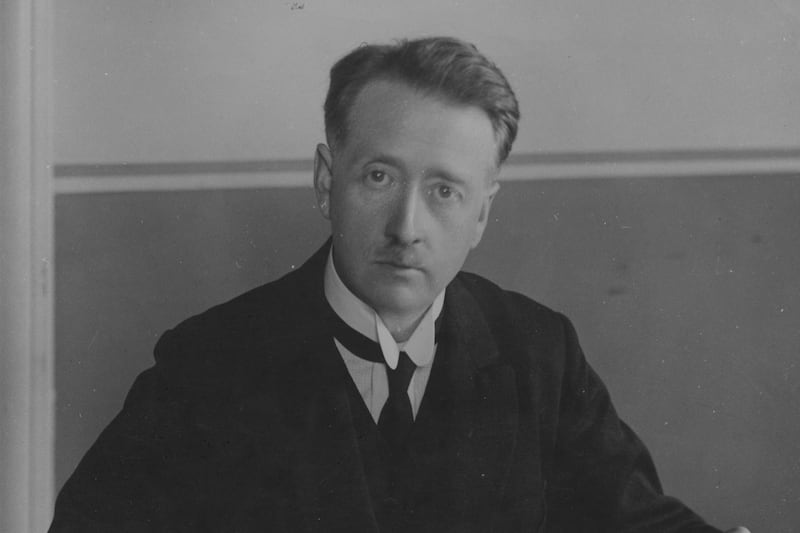May 30 1974
Loyalist politicians had a field day for themselves as they spoke from the steps of Stormont Castle in rejection of power-sharing, or trooped into television studios to metaphorically drink the wine of sweet success at the fall of the executive.
The words spoken into microphones or caught by the reporters’ pencils were all designed to expose the uselessness of Mr [Merlyn] Ree’s endeavours to try to find another executive drawn, as the last, from both sides of the divide and committed to reconciling the community.
Even though the whole of politics is now in a highly sensitive state, these loyalist politicians have readily grasped the handle provided by the collapse of the executive to belabour its whole concept and empty the vials of their scorn on the heads of those who tried to make it work.
The loyalists are cock-a-hoop over the success of the disruptive tactics of the Workers’ Council and they are now laying heavy emphasis on what the British Government must do about immediate assembly elections and loyalist-conceived political solutions. That is not quite the way things will happen.
Irish News editorial warning that while loyalists may be savouring victory over the fall of the power-sharing executive due to the Ulster Worker’s Council strike, the solutions they offer will not be acceptable.

BBC Slammed over Strike
Mr Paddy O’Donoghue, SDLP, Assemblyman for South Down, last night said that now militant action had resulted in the overthrow of democratic government in Northern Ireland, the part played by the BBC should be clearly stated.
“In an extremely critical situation,” he said, “the man in the street has a right to expect factual reporting, at least from the publicly owned news media. He had also the right to expect that the BBC would have remained completely impartial. We had many examples to prove this, but three news items last Monday are worth mentioning.”
Mr O’Donoghue went on: “On that day the BBC reported that aircraft were not being refuelled at Aldergrove and that the airport was closed. Secondly, that the Ardrosson boat would not sail and thirdly, that public transport was not running except on the Falls.”








